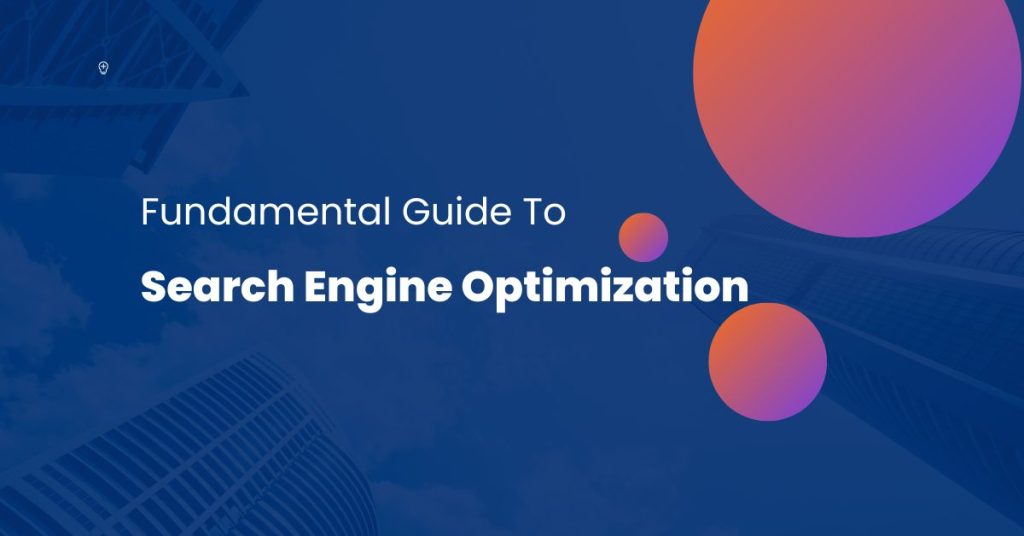
Search Engine Optimization (SEO) is an essential component of digital marketing that focuses on optimizing websites and online content to improve their visibility and rankings on search engine results pages (SERPs). Understanding the fundamentals of SEO is crucial for businesses and website owners who aim to attract organic traffic, enhance user experience, and increase their online presence. This article will provide a comprehensive overview of SEO fundamentals, covering key concepts, techniques, and best practices.
Keyword research is the foundation of successful SEO. It involves identifying relevant keywords and phrases that users enter into search engines to find information related to a particular topic or industry. By conducting thorough keyword research, businesses can understand their target audience’s search intent and create content that aligns with their queries.
On-page optimization refers to optimizing individual web pages to improve their relevance, user experience, and search engine rankings. Key on-page elements include meta tags (title tags, meta descriptions), headings, URL structure, keyword placement, and optimizing content with relevant keywords.
Technical SEO focuses on the technical aspects of a website to ensure search engines can crawl, index, and understand its content effectively. It involves optimizing website speed, improving site architecture, implementing structured data markup, fixing broken links, and ensuring mobile responsiveness.
Off-page optimization involves activities that take place outside the website but impact its search engine rankings. The most crucial off-page factor is building high-quality backlinks from reputable websites. Engaging in guest blogging, social media promotion, influencer outreach, and online networking can help generate backlinks and enhance a website’s authority and credibility.
Creating valuable, unique, and relevant content is vital for SEO success. Well-optimized content that addresses users’ search intent and provides comprehensive information has a higher chance of ranking well. Content optimization includes incorporating target keywords naturally, using relevant headings and subheadings, adding multimedia elements, and optimizing for readability and user engagement.
Creating valuable, unique, and relevant content is vital for SEO success. Well-optimized content that addresses users’ search intent and provides comprehensive information has a higher chance of ranking well. Content optimization includes incorporating target keywords naturally, using relevant headings and subheadings, adding multimedia elements, and optimizing for readability and user engagement.
Regularly monitoring SEO performance and analyzing data is crucial to identify areas for improvement and track progress. Utilize tools like Google Analytics and Search Console to monitor organic traffic, keyword rankings, click-through rates, and other relevant metrics. These insights help refine SEO strategies and optimize performance.
Mastering the fundamentals of SEO is essential for any business or website owner seeking to improve their online visibility, drive organic traffic, and reach their target audience effectively. By conducting thorough keyword research, implementing on-page and technical optimization techniques, focusing on quality content creation, and prioritizing user experience, businesses can establish a solid foundation for successful SEO campaigns. It’s important to stay up to date with search engine algorithm updates, industry trends, and best practices to maintain a competitive edge and continuously refine SEO strategies for long-term success.

Join our news letter to know more and get updates on our services
Copyright @2024 TechWave All Right Reserve